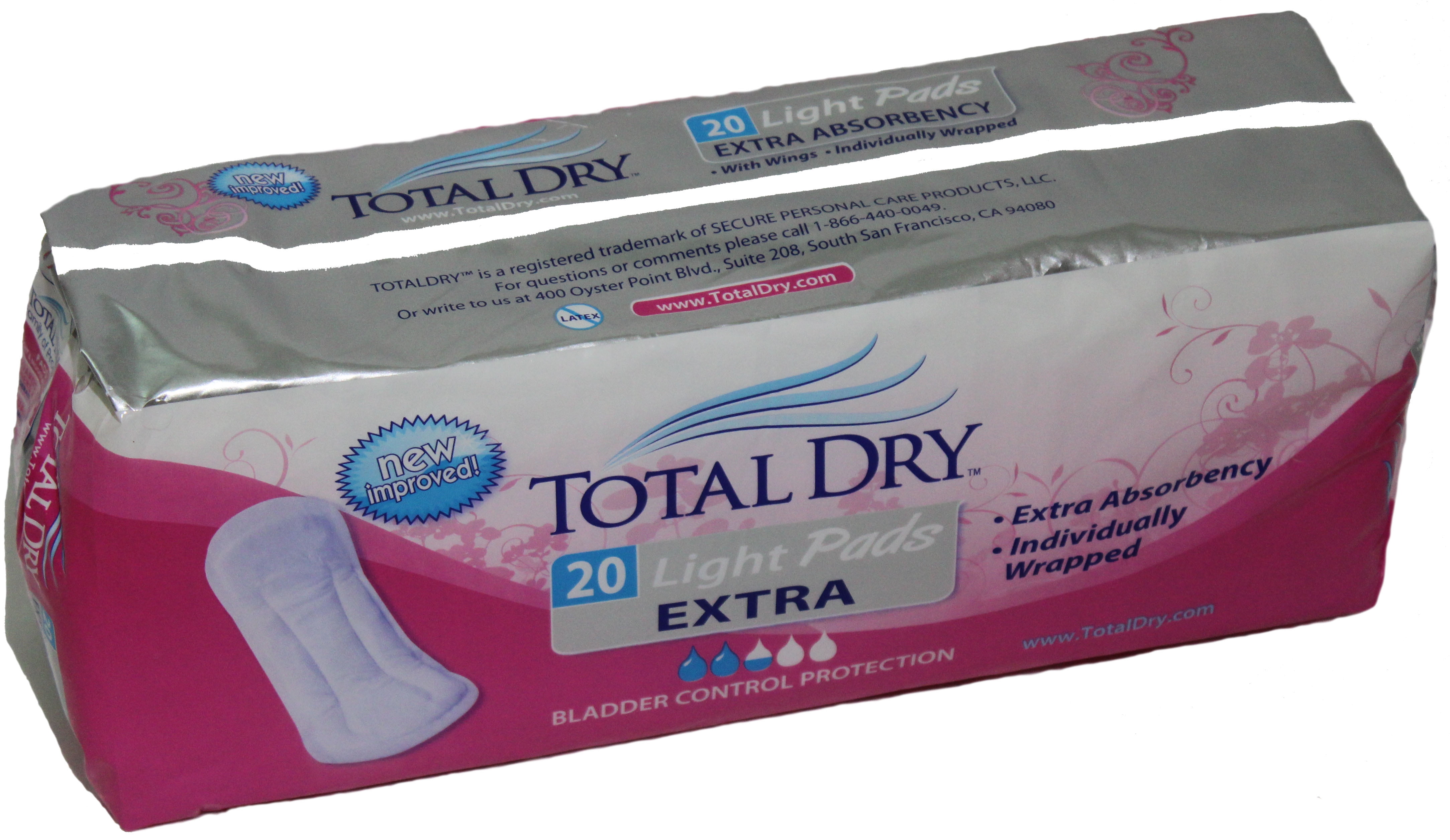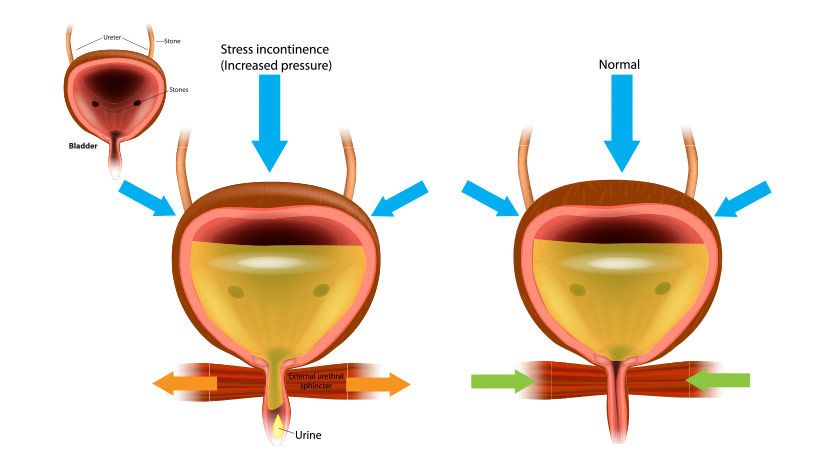
September 1, 2024
You Feel So Sexless And Filthy: The Women Living With Urinary Incontinence After Childbirth Health And Wellness


Postpartum Healing: Response To The Usual Questions Asked By Brand-new Mamas When gynecologists see women for problems of incontinence, we are not surprised to locate the most extreme problems typically in those females that had numerous youngsters or that delivered big babies. Lately doctors started working out the information of these partnerships and are seeking the certain reasons some ladies go on to create urinary incontinence and various other females never ever have this issue. During pregnancy, as a result of the stress on the bladder, it gets tough to pee. Nevertheless, the bladder must find out the urinating pattern around once more. Postpartum urinary incontinence is really typical, however there are approaches that can assist handle and lower leak with time. The details is not a replacement for independent specialist guidance and should not be made use of as a choice to professional healthcare.
Exactly how can I strengthen my bladder after giving birth?
What triggers postpartum urinary incontinence? Occasionally incontinence is a temporary issue that will go away once the reason ends. This is typically the instance when you have a condition like an urinary system infection(UTI). When treated, frequent peeing and leakage issues brought on by
Recognizing Fecal Incontinence After Maternity
The carrier will gently Incontinence pads continue the pelvic floor muscular tissues with a gloved examination finger inside your vaginal canal and ask you to squeeze the muscle mass. Make sure you're not squeezing your belly, legs, or gluteal muscular tissues at the same time, and don't hold your breath. Stress and anxiety urinary incontinence (SUI) is an usual scientific postpartum complication. It is essential to explore the danger factors of postpartum SUI in primiparas to provide proof support for preventing and decreasing the occurrence of SUI. Postpartum urinary incontinence is the uncontrolled leaking of urine that new mommies might experience.Is Urinary Incontinence Typical While Pregnant?
Urinary incontinence is not an inevitable result of aging, yet it is particularly usual in older individuals. It is usually caused by certain changes in body feature that might result from diseases, use drugs and/or the beginning of an ailment. Sometimes it is the initial and only sign of an urinary system system infection. Ladies are more than likely to develop urinary incontinence while pregnant and after childbirth, or after the hormonal changes of menopause. Hackett's problems began concerning one decade ago, after having her initial child, which left her with a third-degree tear-- suggesting the tear went as far as the muscle that regulates the anus. Urinary incontinence can impact not only your physical health but additionally your psychological health and general well-being. For some ladies this problem may also be connected to an experience of birth injury. If you discover you are experiencing low state of mind or are concerned, you are not the only one. Women that have a caesarean can additionally create bladder problems. The good news in regard to incontinence after giving birth is that there are lots of treatment choices.- According to the National Institutes of Health and wellness, females that have an all-natural shipment are 50% more probable to experience incontinence than women who supply by C-section.
- Black, American Indian and Alaska Native individuals are 2 to 3 times more likely to pass away of pregnancy-related reasons than are white people.
- However, in many ladies these modifications heal and resolve within a few months with no treatment.
- A few of these pull-on adult baby diapers can be cleaned and are recyclable.
- If you deliver in your home, your midwife will certainly stay with you up until they are confident that you and your child are steady.
Social Links